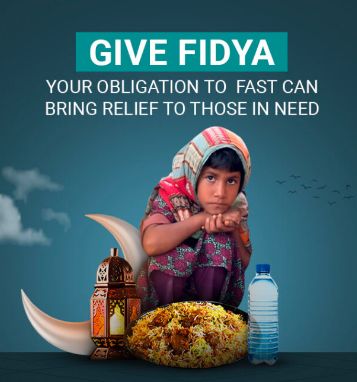What is Fidyah, or Fidya?
Fidyah, also known as Fidya, is a concept in Islam that pertains to a compensation or substitute for certain religious obligations, particularly fasting during the holy month of Ramadan. It is prescribed for individuals who are unable to fast due to specific circumstances such as illness, old age, pregnancy, breastfeeding, menstruation, or travel. In such cases, Fidyah allows these individuals to fulfill their religious duties without fasting by providing an alternative form of worship or charity. Typically, this involves feeding a needy person for each missed day of fasting, although the specific requirements may vary based on individual circumstances and interpretations within different Islamic schools of thought.
The practice of Fidyah serves multiple purposes within the Islamic faith. Primarily, it ensures that no member of the Muslim community is unduly burdened by religious obligations, as Islam emphasizes ease and flexibility in matters of worship. Additionally, Fidyah embodies the principles of compassion, social justice, and solidarity by providing support to those in need. Through this charitable act, both the individual offering Fidyah and the recipient benefit spiritually, fostering a sense of empathy and communal responsibility within the broader Muslim community.
Why does Islam value Fidya?
Islam values Fidya as it ensures all members can fulfill religious duties, despite physical limitations. It embodies compassion, mercy, and social justice by providing support for those unable to fast. Fidya enables inclusivity and promotes unity within the Muslim community during Ramadan. By allowing individuals to participate in the spiritual rewards of fasting, Islam emphasizes the importance of caring for the vulnerable and fostering empathy among believers.
But if any of you is ill or on a journey, the same number (should be made up) from other days. And as for those who can fast with difficulty, (e.g., an old man), they have (a choice either to fast or) to feed a Miskeen (poor person) (for every day).
Surah Al-Baqarah (2:184)
This verse highlights the allowance for those who are unable to fast due to illness or travel to either fast on other days or feed a poor person as an alternative, which is known as Fidya.
Find you're due Fidya .
To calculate the Fidya amount for missed fasts that cannot be made up, multiply $10 by the number of fasts you’ve missed due to necessity. For each missed fast, the prescribed Fidya is $10. This monetary compensation allows individuals who are unable to fast for valid reasons, such as illness or pregnancy, to fulfill their religious obligations. By paying the specified amount per missed fast, individuals can ensure they meet their religious duties while supporting those in need within their community.

